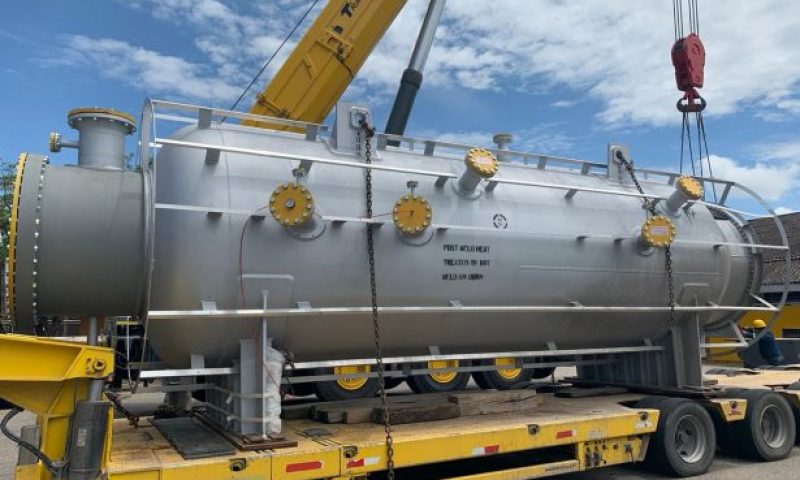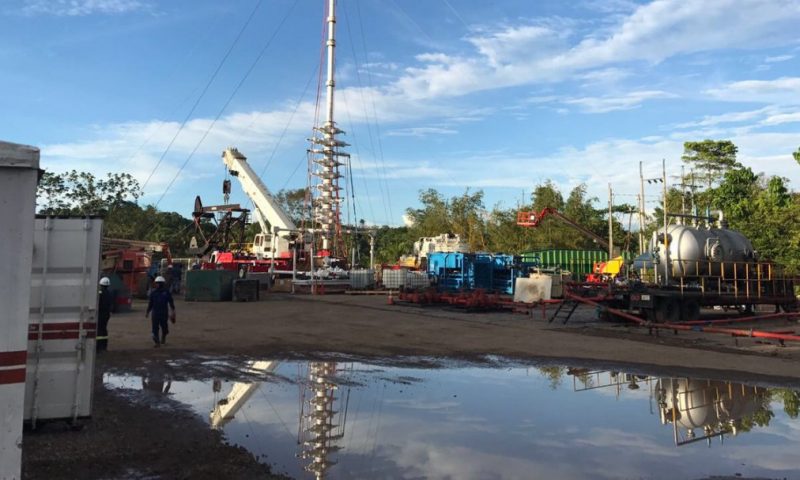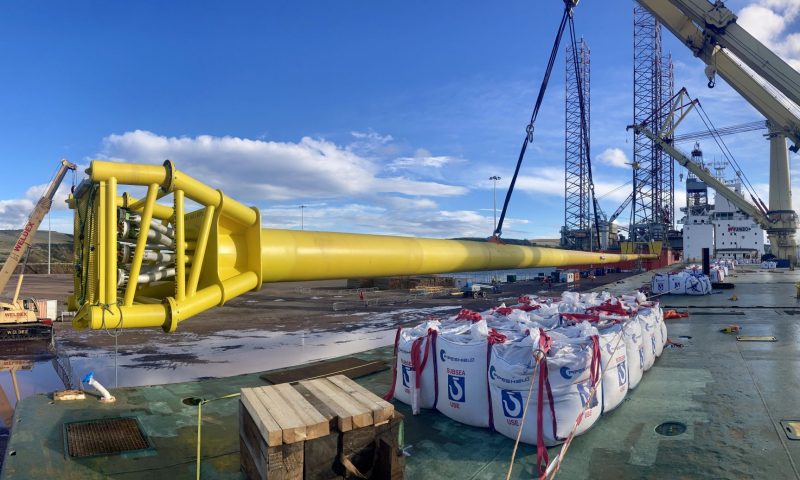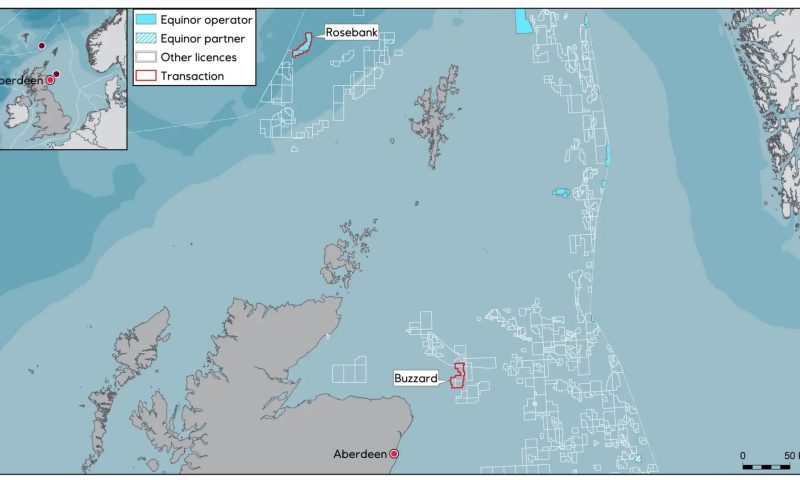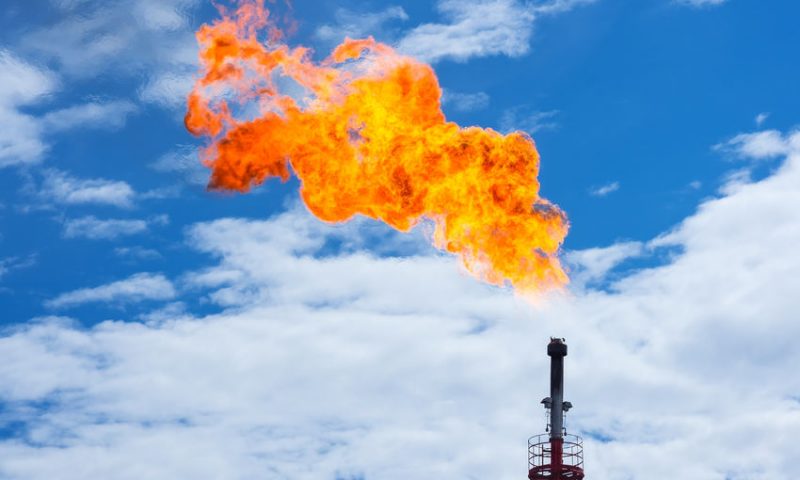
Ecopetrol Announced Energy Transition Strategy
Ecopetrol announced that it adhered to the World Bank’s (WB) initiative called “Zero Routine Flaring by 2030”, which aims to eliminate routine gas burning in oil and gas fields as soon as possible, and no later than 2030 .
The initiative, which was launched by the World Bank in 2015, brings together 32 governments, 15 development institutions and 37 companies from the oil and gas sector including Shell, BP, Eni, Equinor, Petrobras, Total and Repsol, among others, with the in order to voluntarily reduce gas burning emissions.
Adherence to “Zero Routine Flaring by 2030” is aligned with the Paris Agreement and the UN Sustainable Development Goal 13 (SDG) on Climate Action. In addition, it ratifies Ecopetrol’s commitment to reduce its Greenhouse Gas emissions by 20% by 2030 and to continue with the implementation of its decarbonization plan.
This plan seeks to reduce and compensate the Company’s emissions, through the implementation of energy efficiency, renewable energy projects, reduction of tea burns and fugitive emissions and vents, as well as the compensation of emissions through projects of forest carbon using nature-based solutions.
“The adhesion to this initiative of the World Bank is another step in the energy transition strategy that Ecopetrol advances, in which we are committed to being leaders in reducing greenhouse gas emissions in Colombia and increasing our energy generation with renewable sources such as solar and wind. This “decarbonization” path that we have outlined in the strategy for the next few years complements the achievements already made in the quality of fuels that translates into better air quality in cities, ”said Felipe Bayón, president of Ecopetrol.
Zero Routine Flaring has as main commitments: not to carry out routine burns in new developments of oil fields; put an end to routine burning in existing fields as soon as possible and report annually the volume of burns to the Global Gas Flaring Reduction Partnership (GGFRP), a specialized entity to support countries’ efforts to reduce gas burns and vents.




